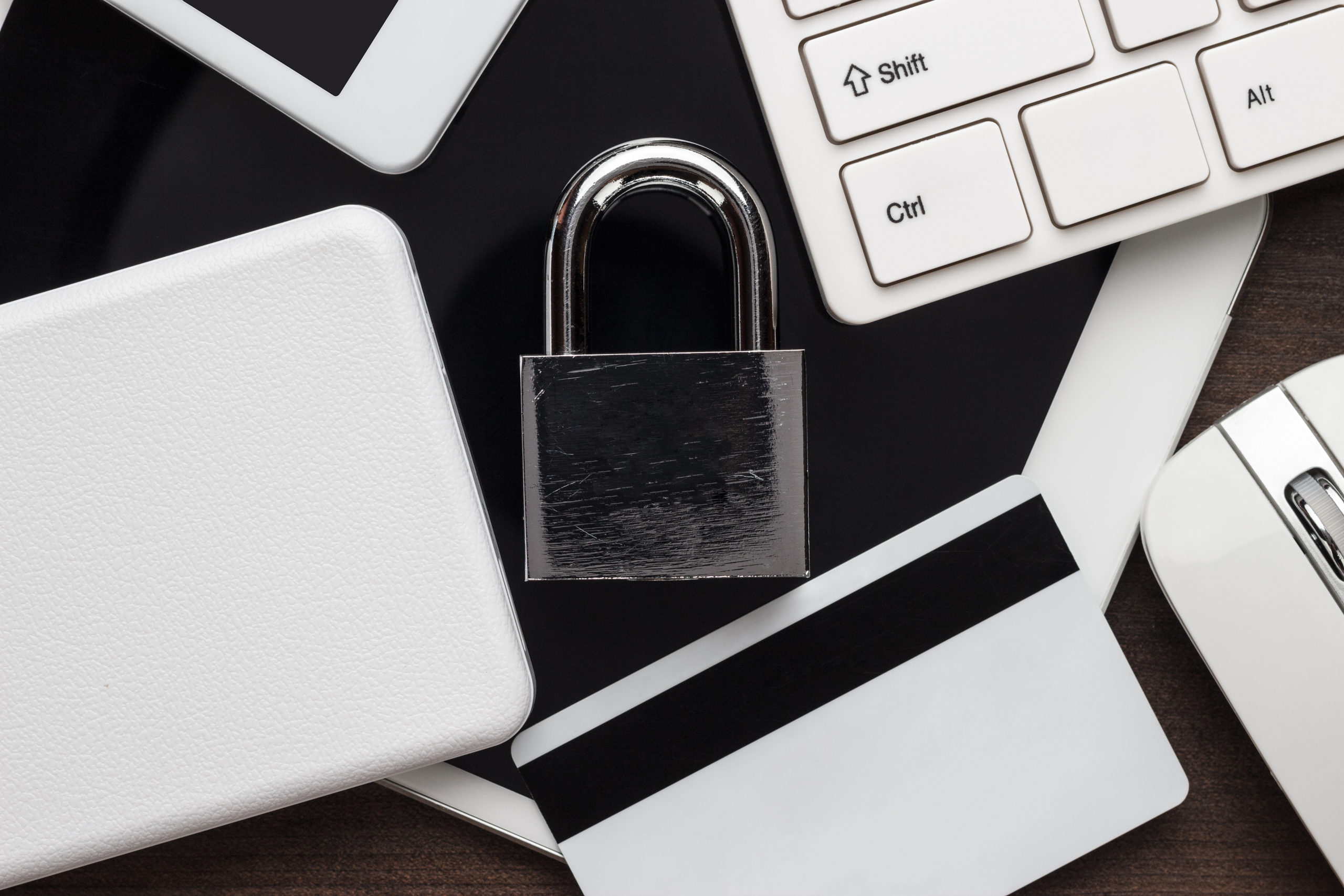Do you worry about your computer getting infected? While Peak I.T. can help defend your PC against the worst intrusions and when necessary help with virus removal, there are some proactive steps you can take to keep all of your protections from having to work so hard and maintain the health of your network security.
1. The most basic and simple thing you can do when not using your PC or other device is to disconnect it from the internet. Unplug the networking cable, disable WiFi, go into airplane mode, etc. When done with it for the day, make it impossible for any internet intrusion to happen by simply disconnecting.
2. Never click a link in an email. If you get an email from your bank, credit card provider, or another secure-type account, it’s just a sound practice to not click links in the email. That keeps a person from accidentally following a malicious link, which can severely impact the security of your network. When a notice comes from the bank, open a browser and log in on the bank’s website, and then look for the information in your messages or an account statement.
If you log in and can’t find anything relating to the email, contact your institution. It’s possible that some nefarious actor spoofed your institution’s email and you avoided getting your information compromised.
3. Never send sensitive information in an unencrypted email. We would like to believe that an email goes directly from one PC to another, but the reality is that emails go through at least one if not several servers before arriving to the recipient.
If anyone of those servers has been compromised, your email can be intercepted along its way and your information is no longer confidential. Most email clients have the option of encrypting email, so if you plan to send anything you don’t want compromised, it is worth implementing.
4. Choose a strong password and don’t use the same password for multiple accounts/sites. Anywhere you can log in you will find different requirements as well as different characters that are allowed. Some sites require symbols and others only allow letters and numbers. Use as many complicated characters as your sites will allow. One thing to consider is to use symbols in place of letters in a word that you might remember. For example, instead of “password,” you could use “P@$sW0rD.”
5. Never open unsolicited emails from unfamiliar sources. Your spam filter should catch most of these, but sometimes things make it through. Malicious content can be in an email that activates once opened. People find it hard to believe that simply opening an email can compromise your computer, but it is true.
The same goes for attachments in emails, even if it seems to be from someone you know. Another person’s email account may have been hacked, so you get an email from them with an oddball looking link or a strange looking subject, or worse, an attachment. If somebody sends you an email with a video attachment, try instead going to YouTube or wherever it is supposedly located, and search for it there.
Hopefully, all of these practices will help you keep your PC or other devices safer. It is always easier to be on the safe side than having to go through extensive virus removal. Despite our best habits, we are constantly at the risk of being intruded upon by unwelcome predators. Rely on Peak IT Services to answer your questions and work to protect your valuable data and your network.
To find out how we can help, contact us today!

